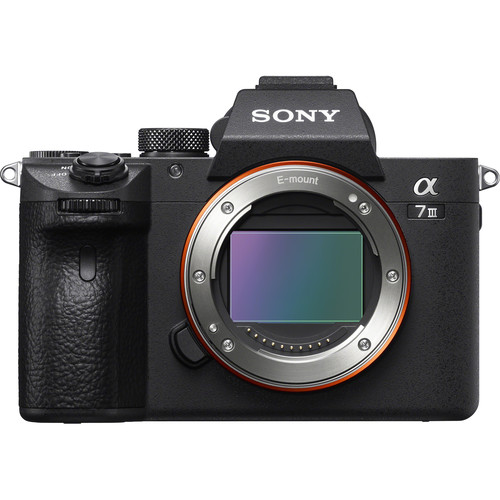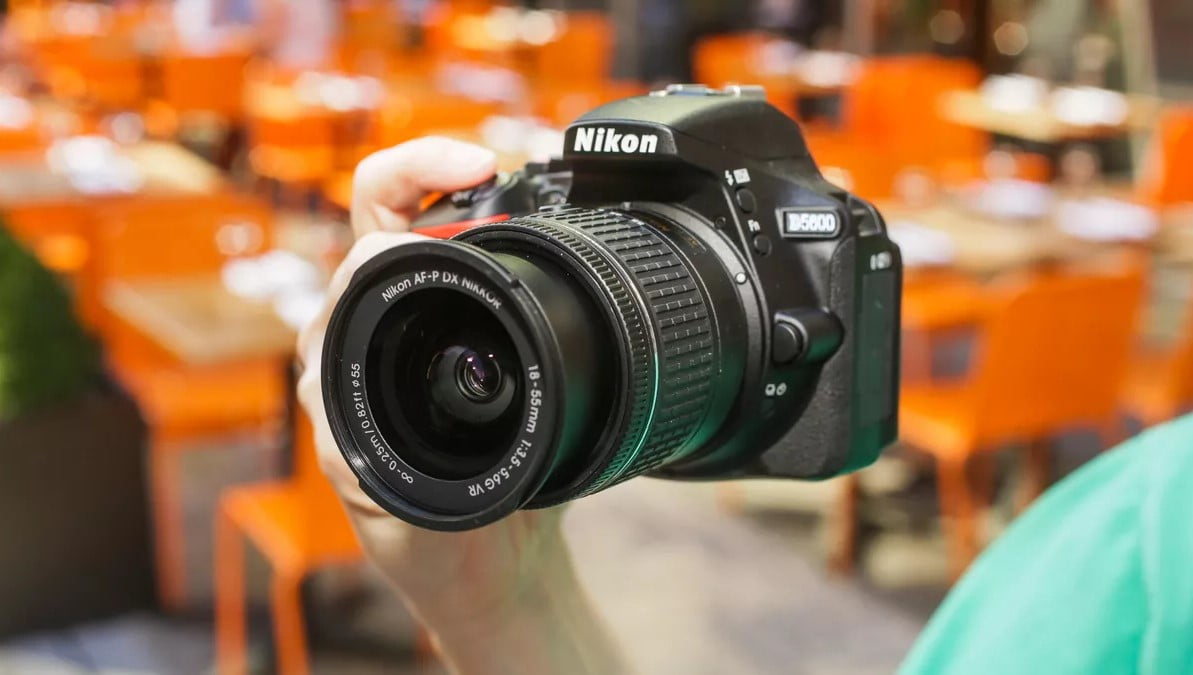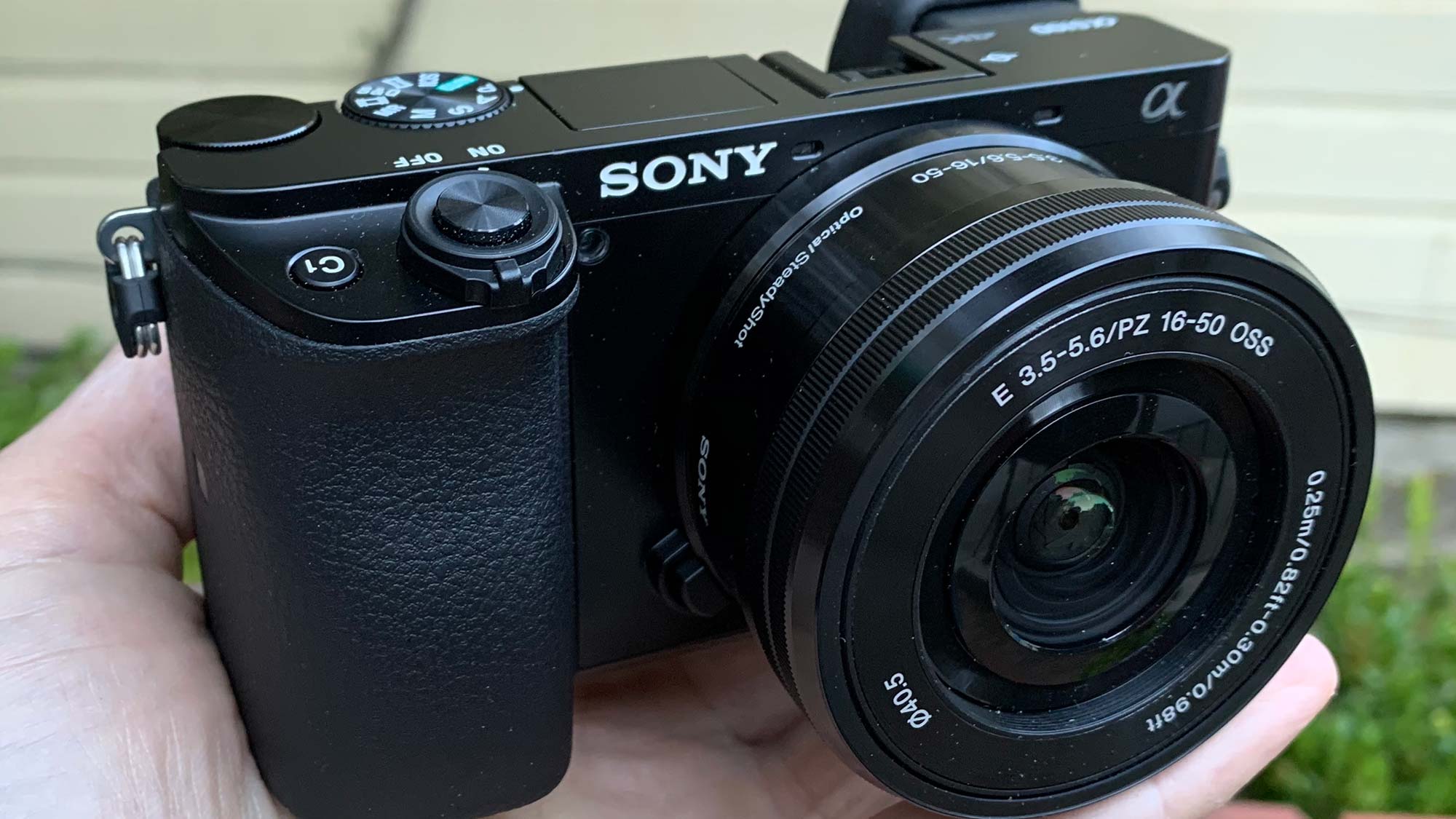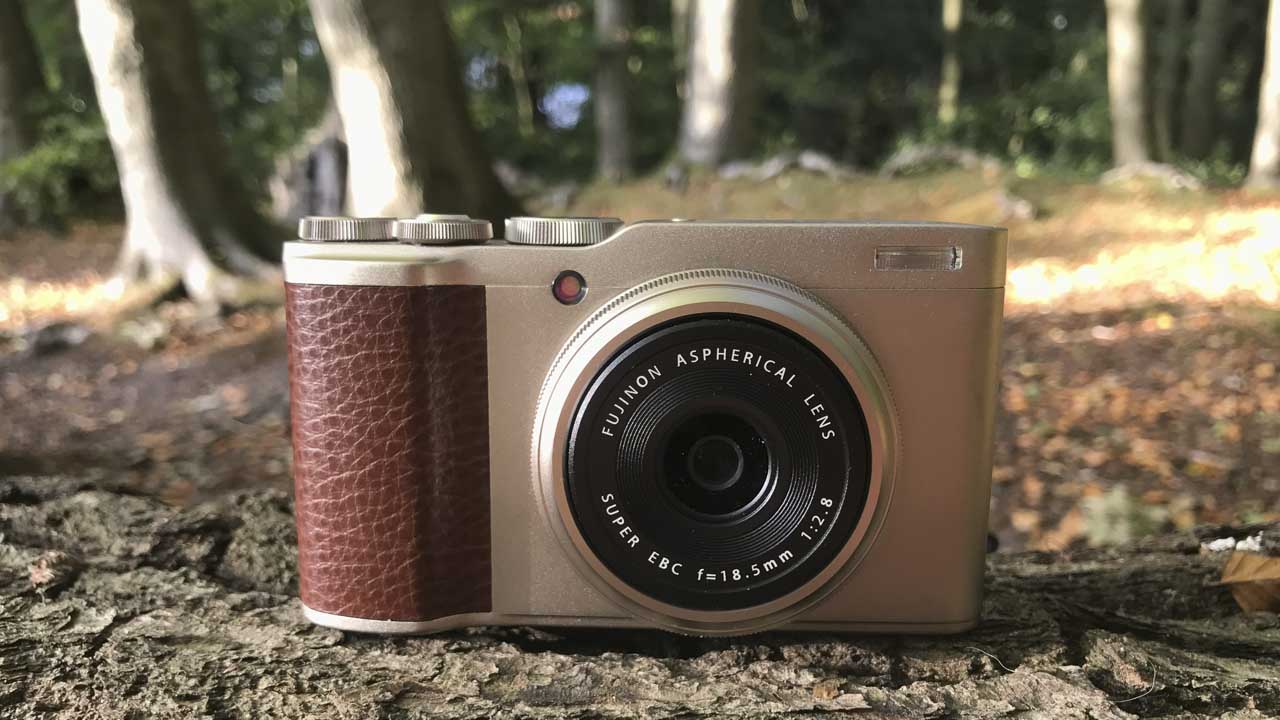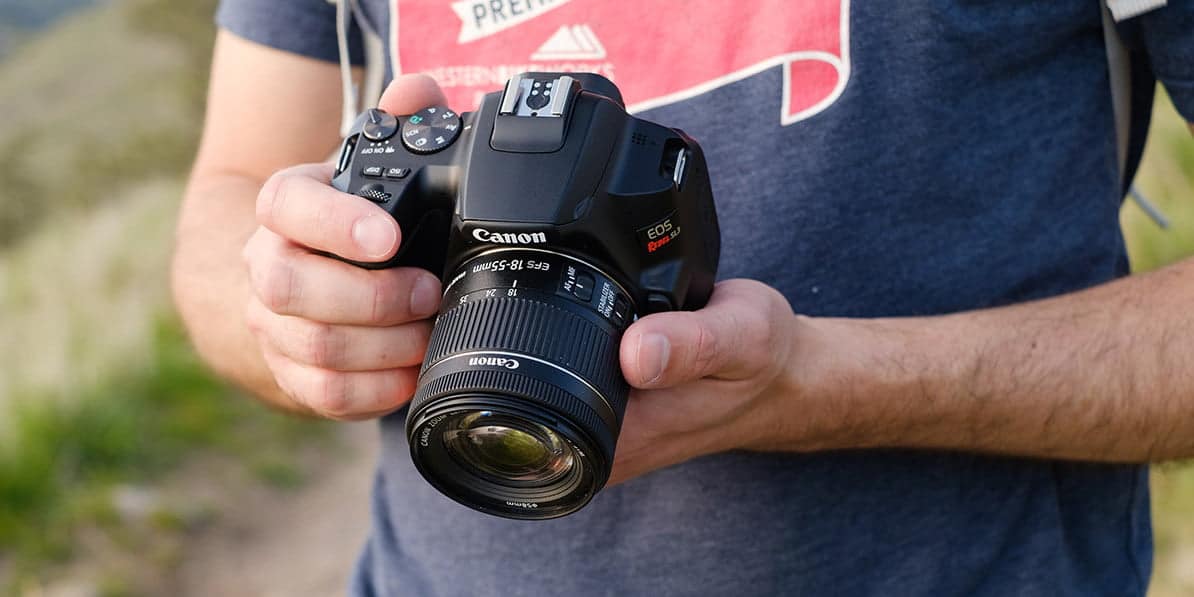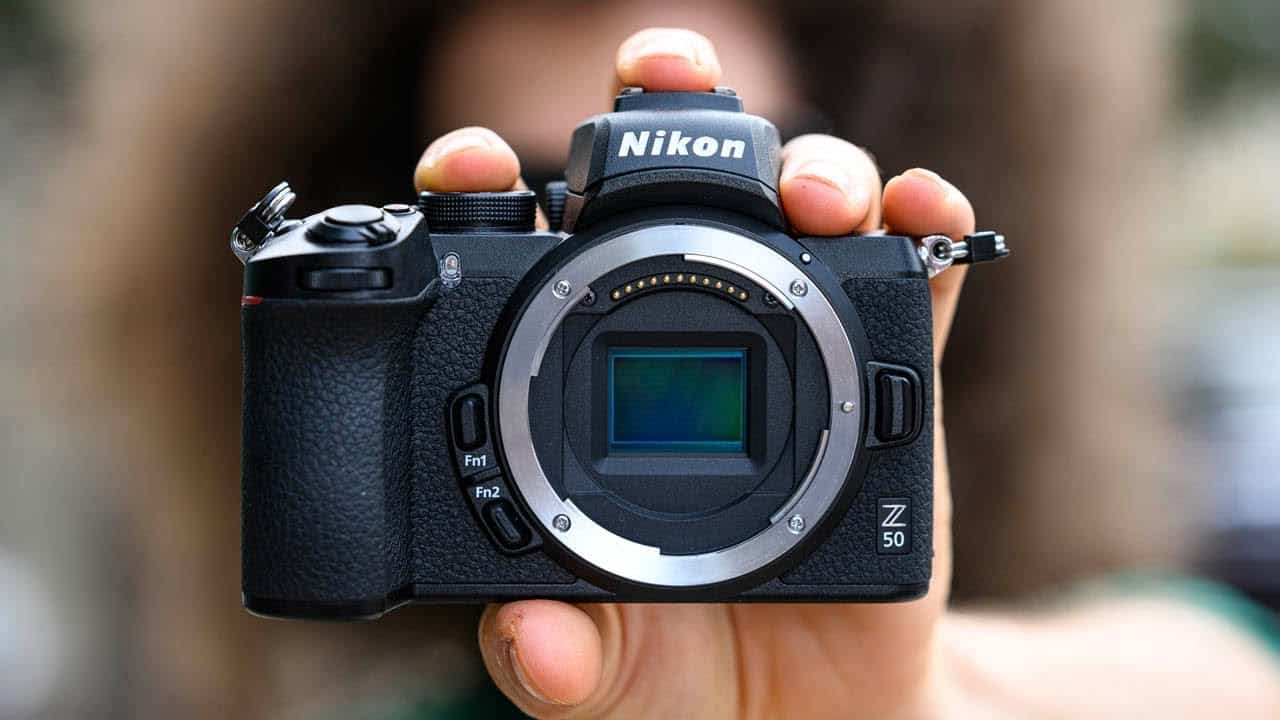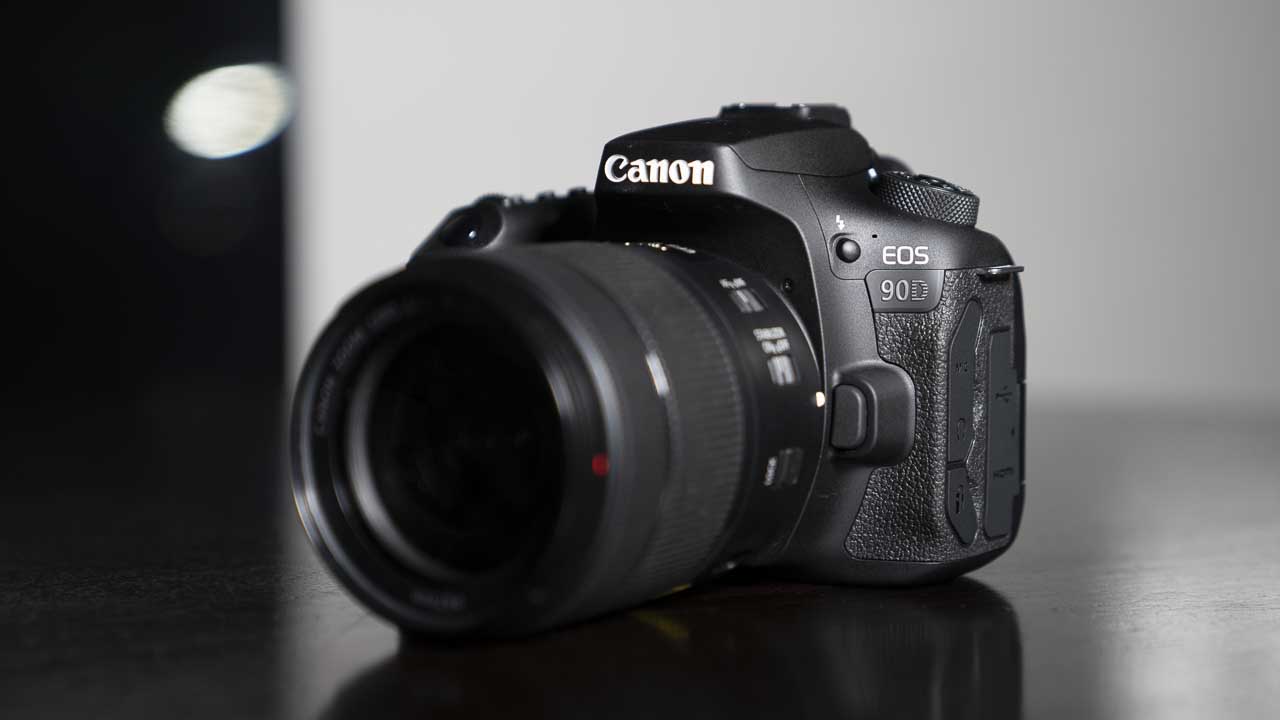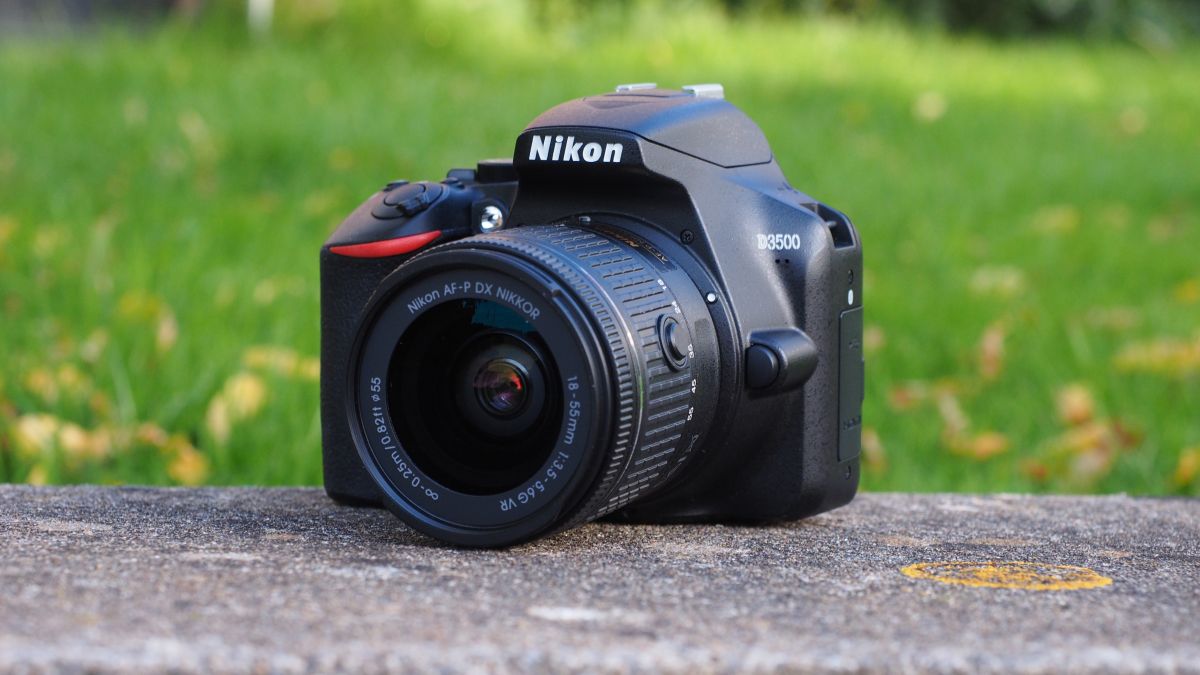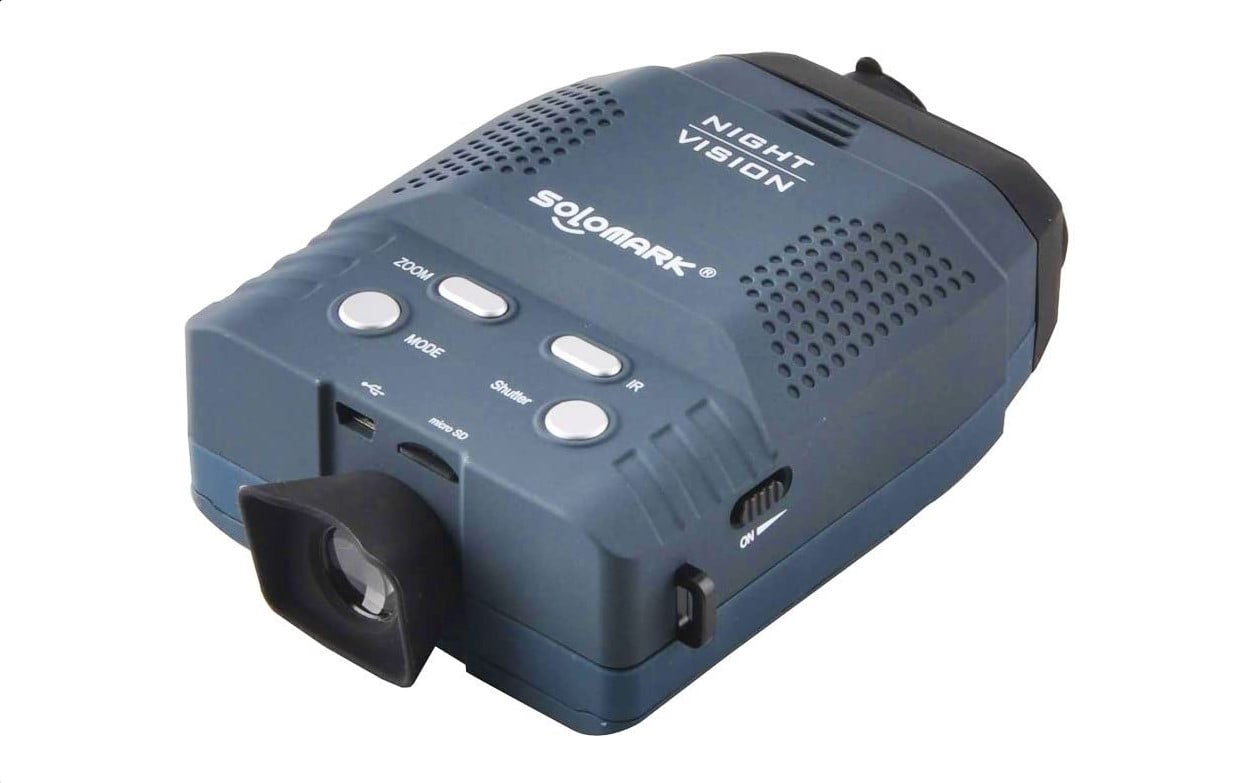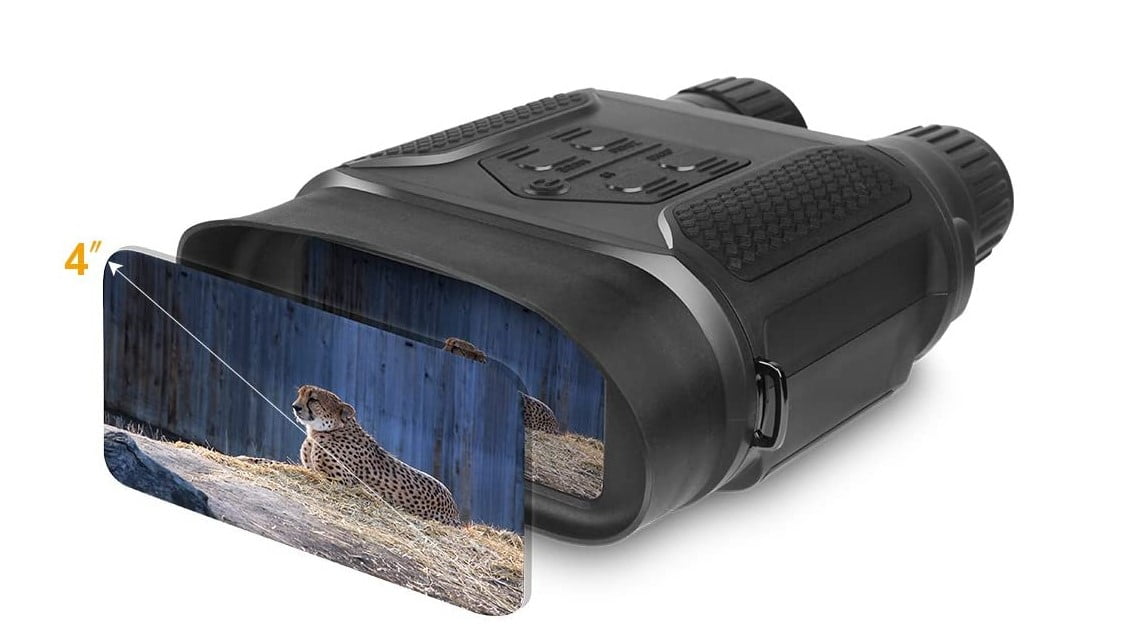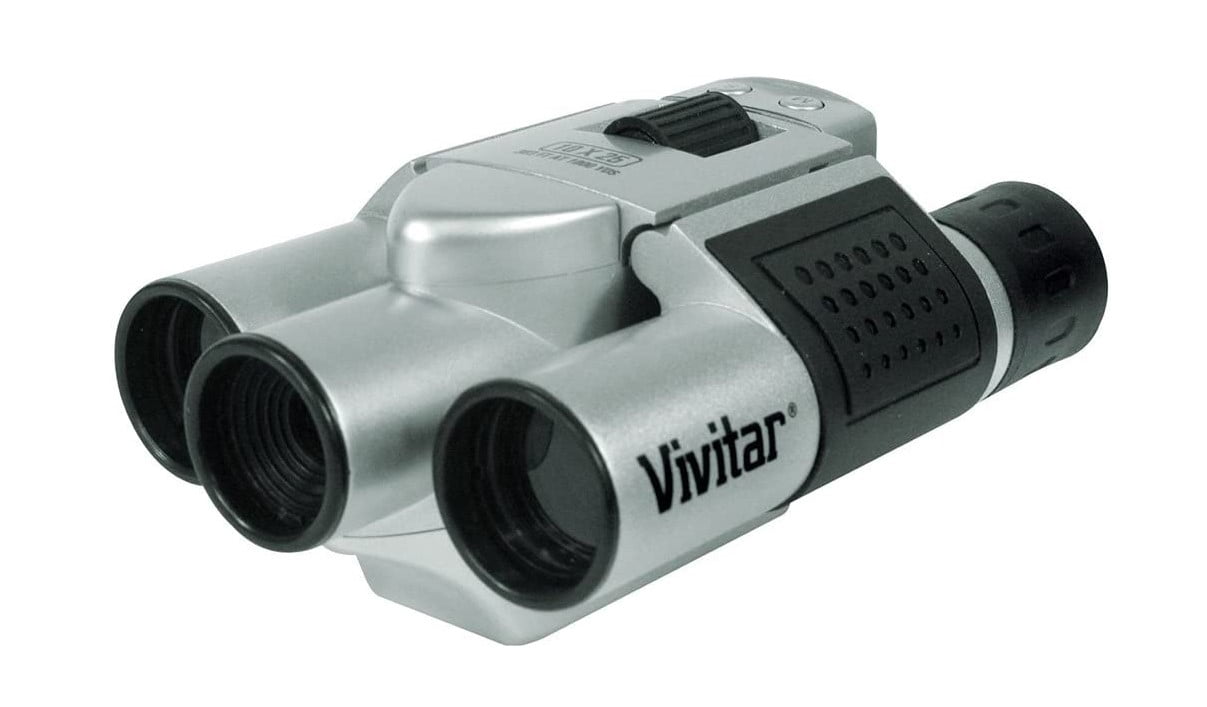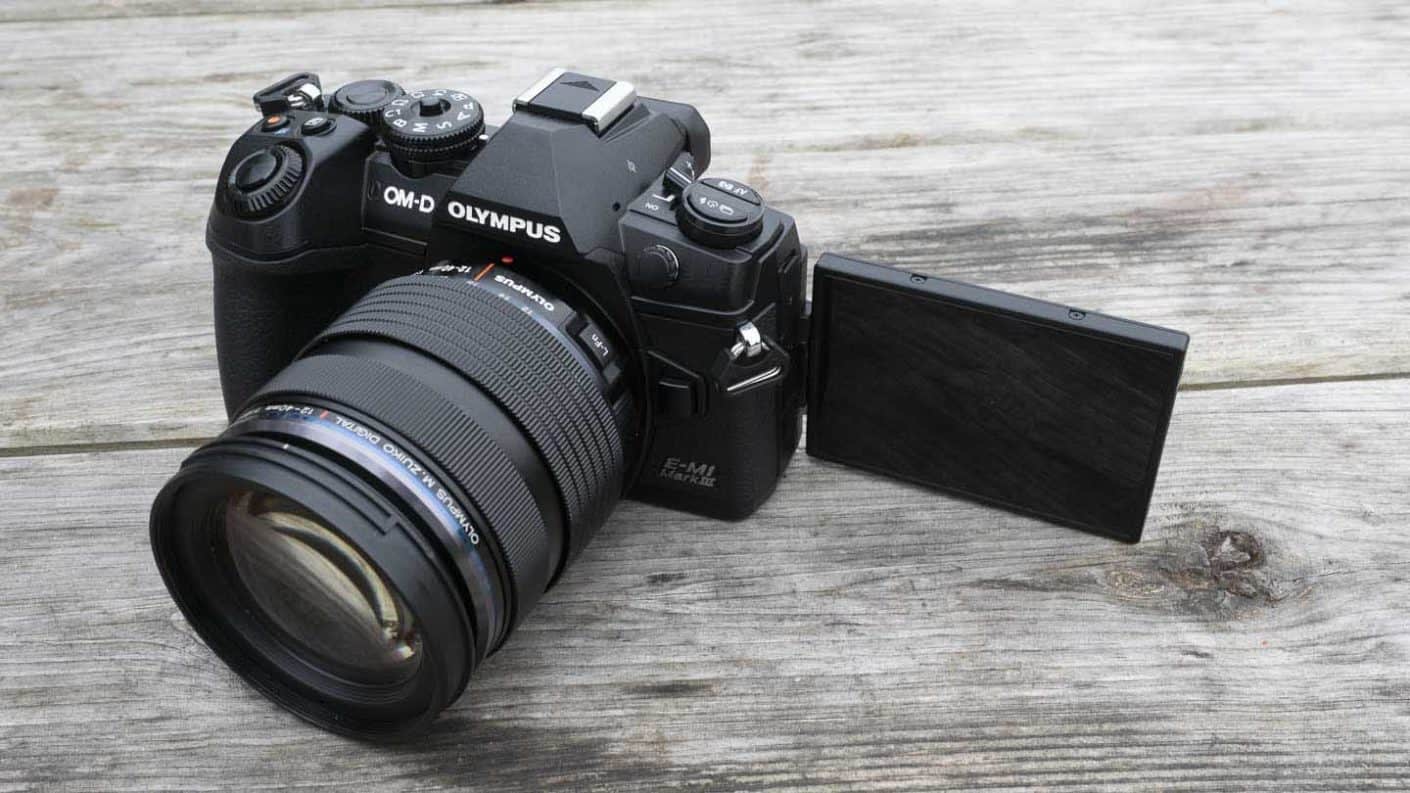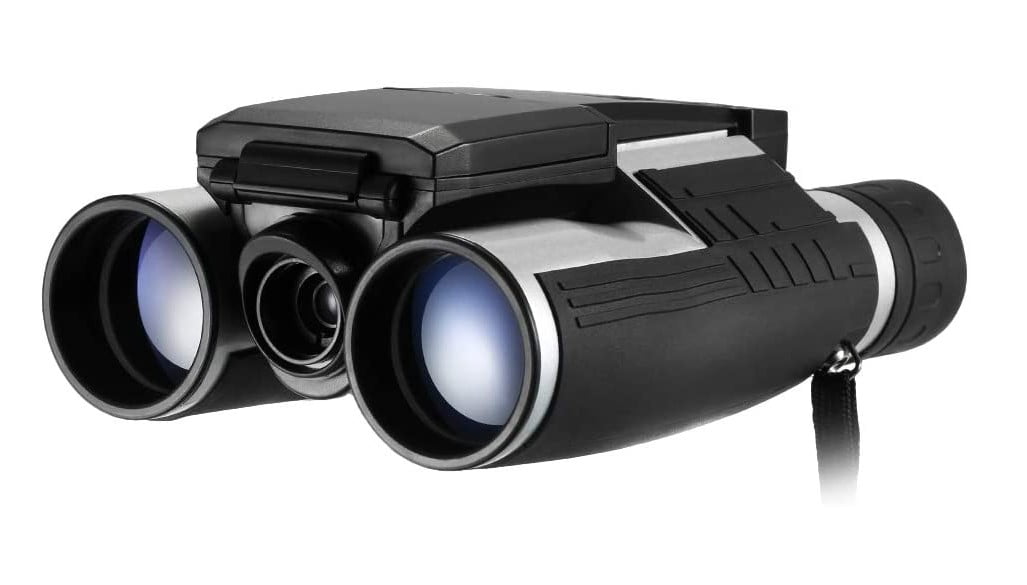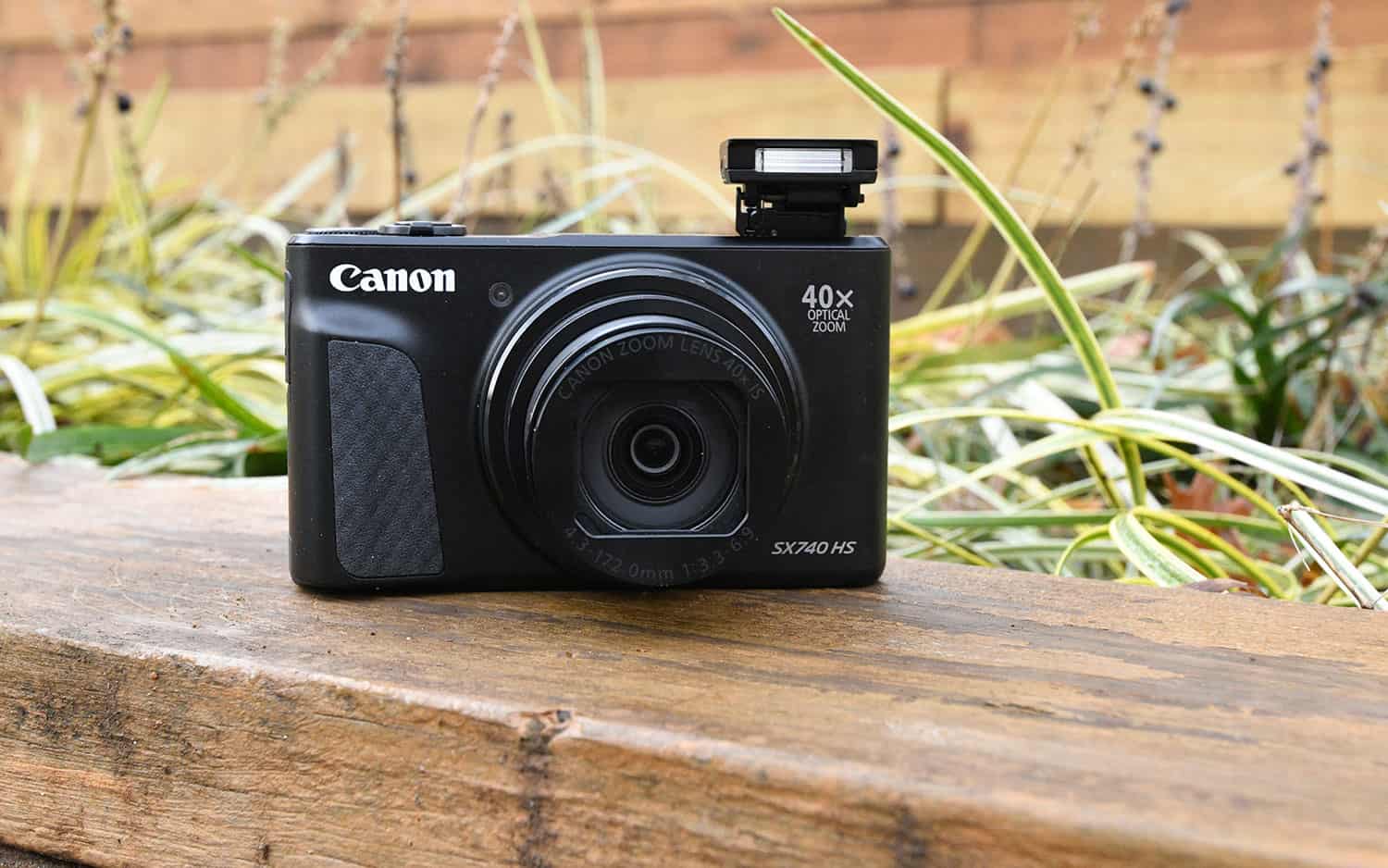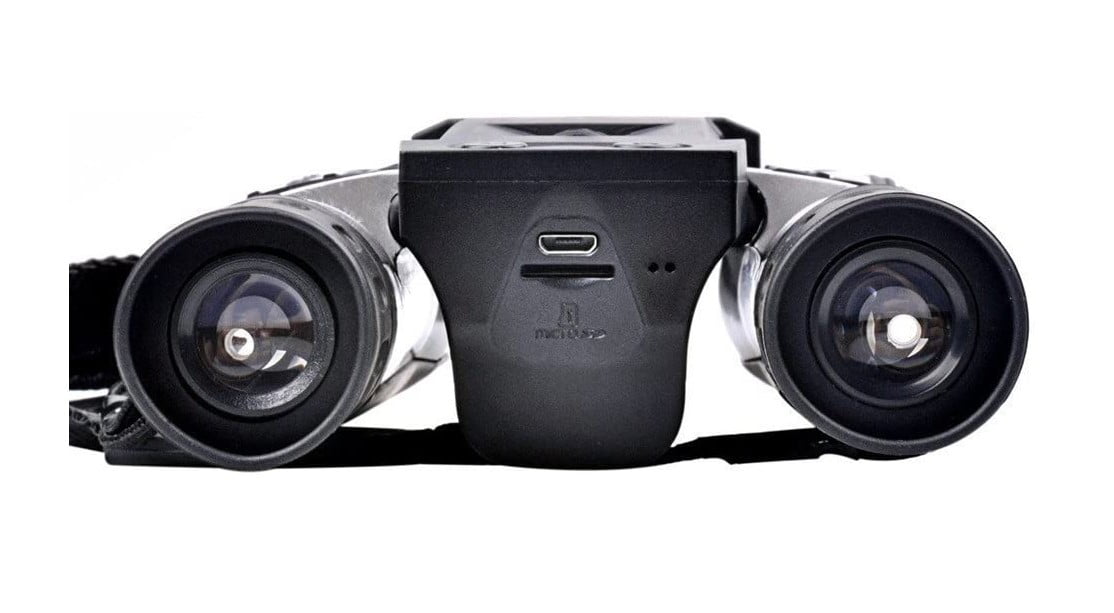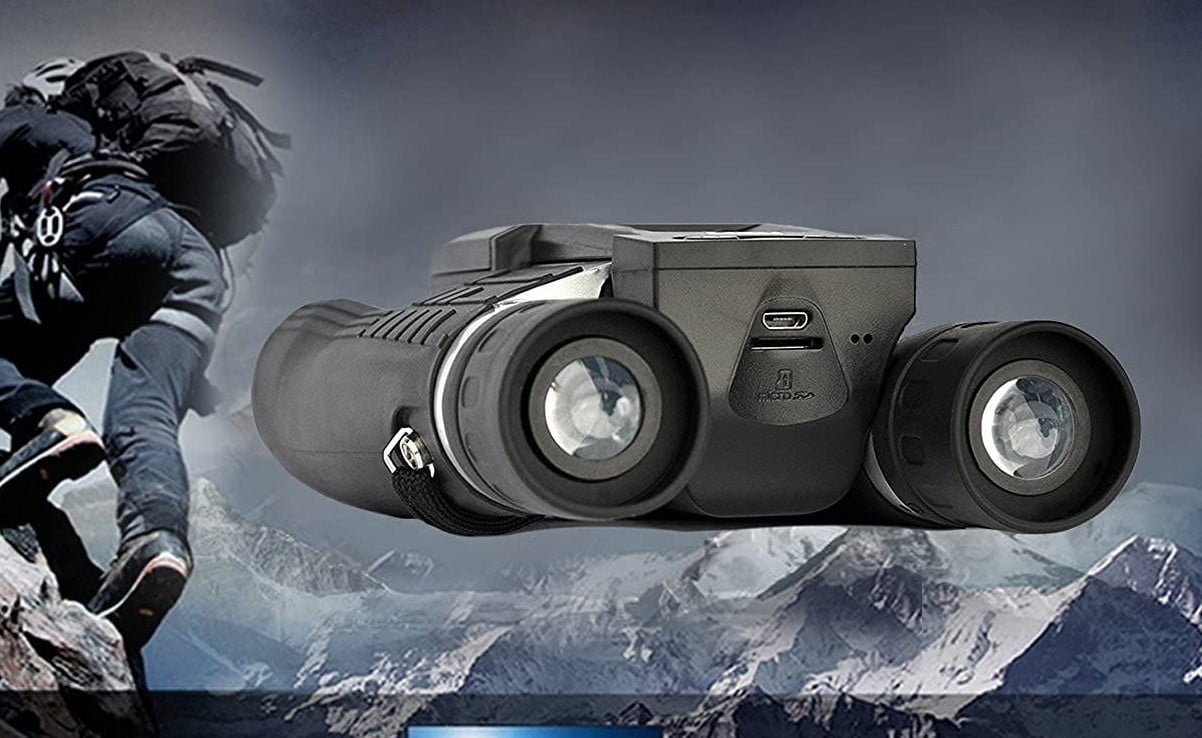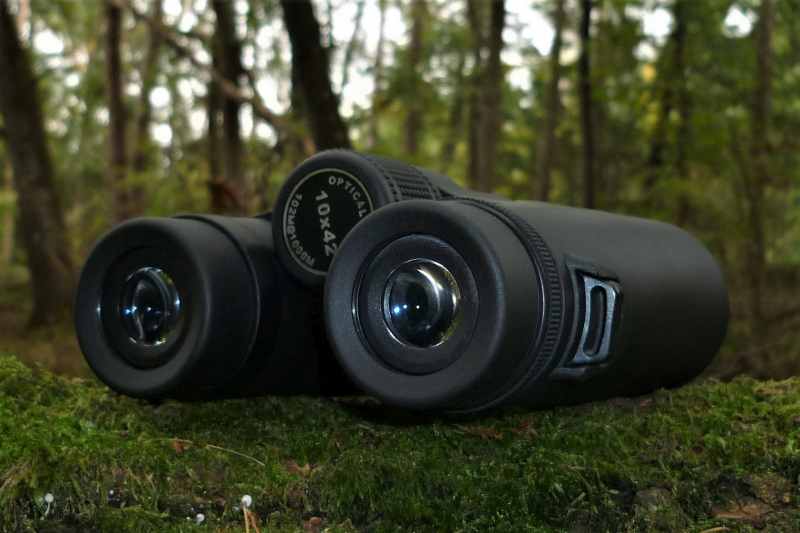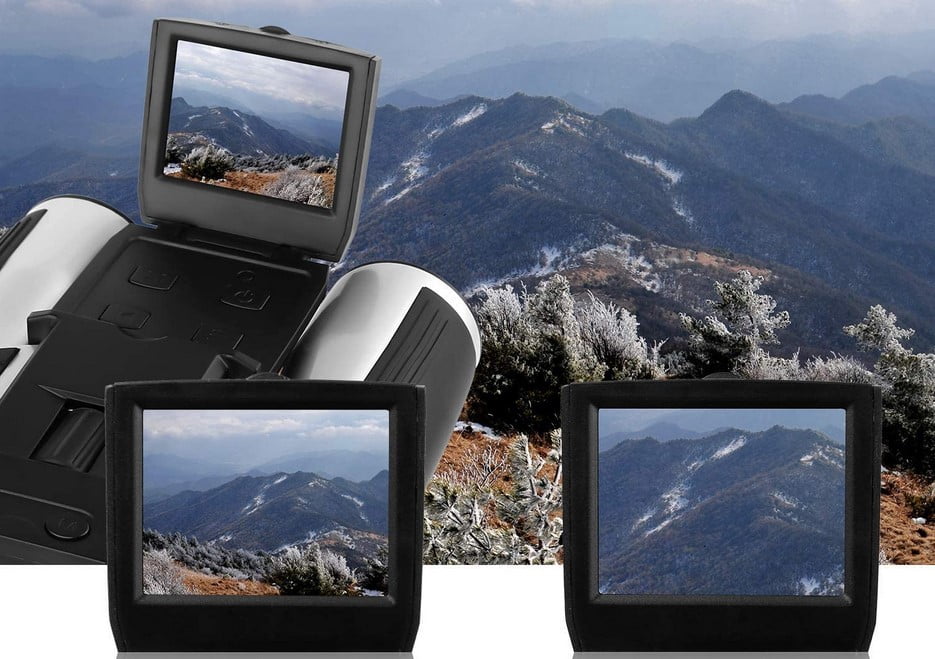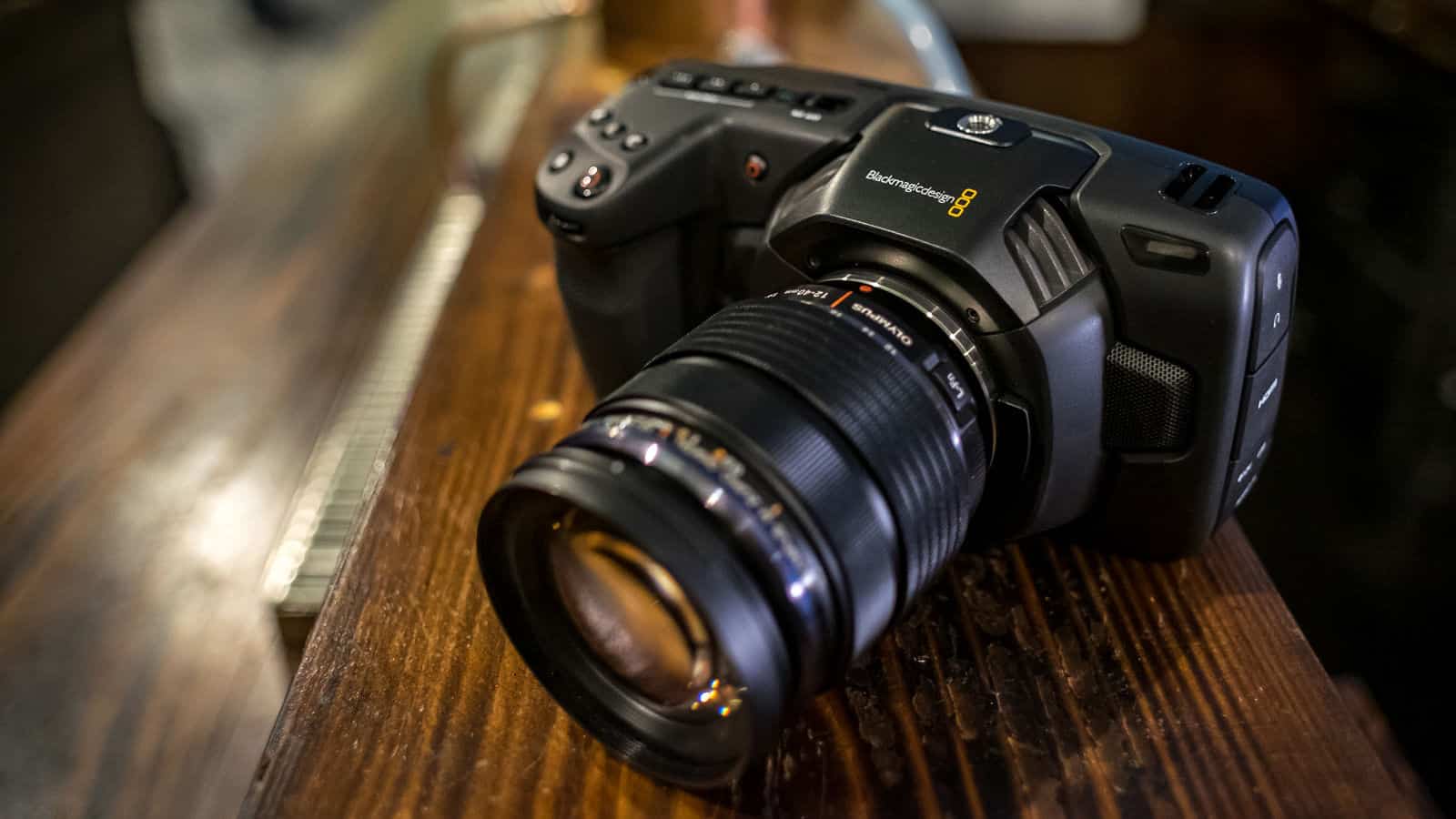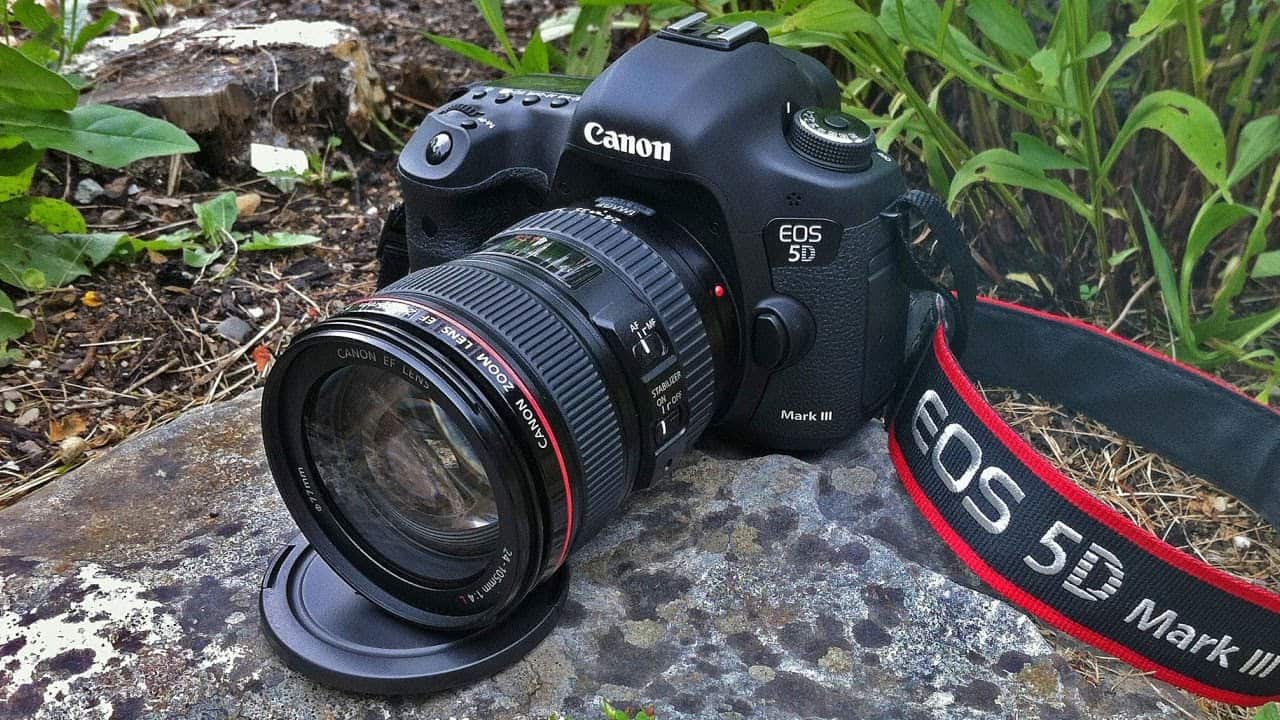The best dslr camera or digital cameras can be confusing.
If you’ve arrived here, then you’re probably scratching your head, wondering what is a digital camera? Not more than a few decade ago, they were considered a novelty, especially at their introduction. Serious photographers didn’t take them, well, seriously, figuring digital cameras could never approach the image quality of film. Modern cameras like the Canon Rebel T6i (Editor’s Choice) continue to prove them wrong. And at that time most photographers, regardless of skill level, probably couldn’t have even answered the question: what exactly is a digital camera?
Little did anyone realize that digital cameras would completely flip the world of photography. Continuous technological improvements not only allowed digital cameras to equal and then surpass film cameras in performance and quality, but they basically eliminated film as a photography option and more importantly a necessity. Add in the simplicity with which you can record, edit, review, and share digital photographs, and it’s easy to understand why digital cameras now dominate the world of photography, even among professionals. Today’s best video cameras would look like magic to someone from 50 years ago.
Table of Contents:
Digital Camera Advantages
In the most basic sense, a digital camera works a lot like a film camera. But, in the case of the digital camera, the film is replaced by an image sensor. And unlike film, an image sensor can both measure and be sensitive to light. Which is say, that one component is needed to perform two tasks; measure light and capture an image. Moreover, an image sensor doesn’t need to be kept in complete darkness until used or developed, like film does.
Quite a few other advantages exist for digital cameras, whether you’re comparing them to film cameras or smartphone cameras.
- Image Sharing: The ability to share images digitally is a significant improvement over film prints, as digital images are instantly shareable an unlimited number of times. And with many digital cameras now containing WiFi connectivity, sharing is even easier.
- Zoom Lenses: Many fixed lens digital camera have strong telephoto lens capabilities, which sets them apart from both film cameras and smartphone cameras.
- Immediate Review: Digital cameras contain a display screen, which allows you to review the photos right after you shoot them, meaning you can re-shoot immediately if necessary to correct an error.
- Image Editing: If you know the old film print terms “burn” and “dodge,” then you know the incredible hassle of performing even the most minor editing adjustments to a film print. Editing digital prints on a computer, or even inside the digital camera, is an easy process.
What to Know About Digital Cameras
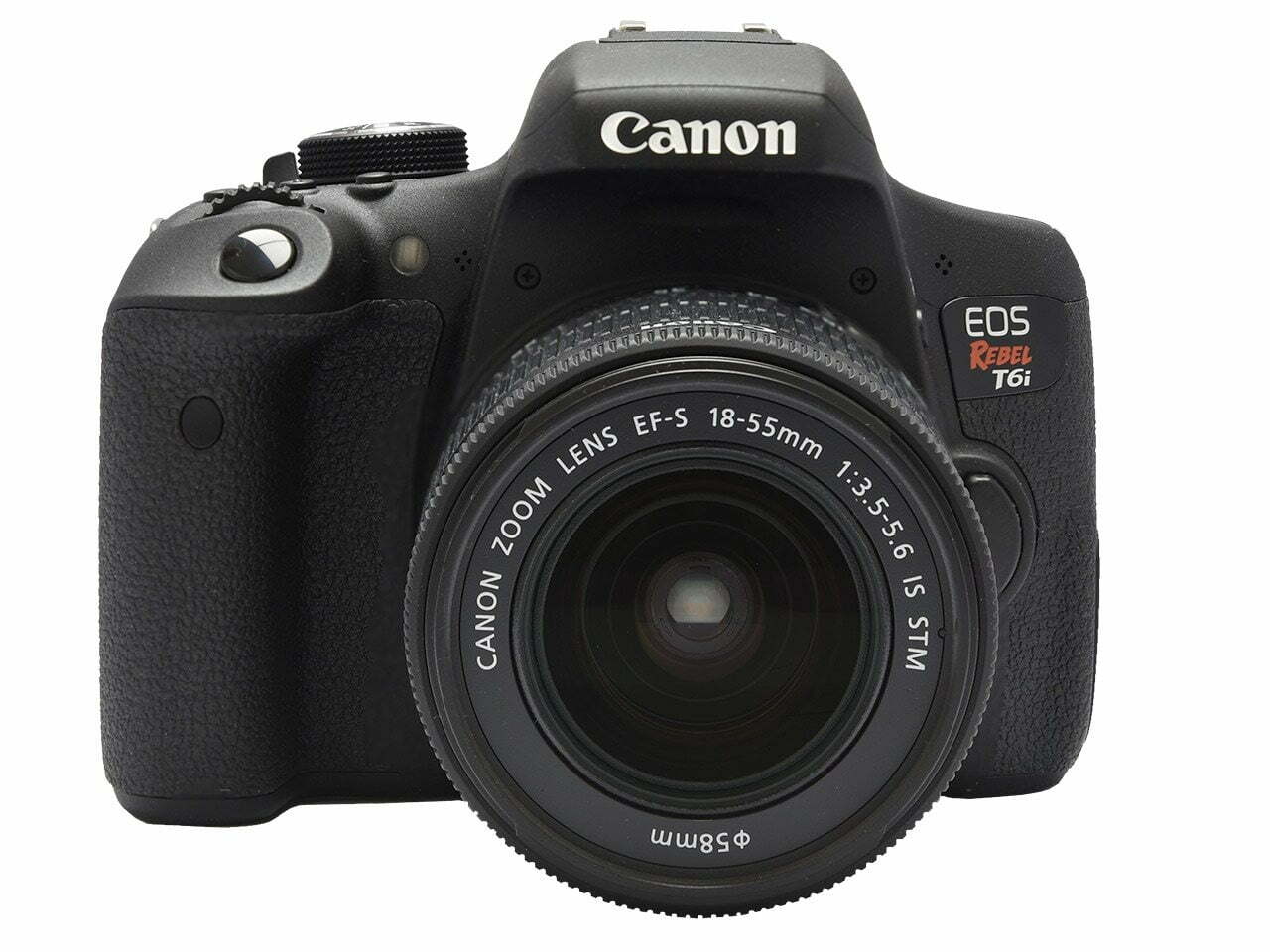
Modern digital cameras are great pieces of equipment, providing a wide range of photography features available in dozens of price points. While smartphone cameras are chipping away at the lower end of the camera market, there have never been more choices and great options in the intermediate and upper levels of the digital camera market.
Most of the major camera manufacturers are those that migrated over from the world of film, and the eight top digital camera makers are:
- Canon Digital Cameras: Canon creates cameras that range from simple the best point and shoot camera models to highly advanced digital SLR cameras, which use interchangeable lenses. Canon’s Rebel line of DSLR cameras are popular with all levels of photographers.
- Nikon Digital Cameras: While Nikon may be best known as a high-end camera maker, it also has plenty of beginner-level cameras in its Coolpix line. And Nikon DSLR cameras appeal to both intermediate and advanced photographers, just as did the company’s high-end film cameras.
- Samsung Digital Cameras: Samsung is one camera maker that didn’t join the market until the introduction of digital cameras, yet has managed to have success.
- Olympus Digital Cameras: Olympus offers plenty of mirrorless ILCs (interchangeable lens cameras) and “tough” point and shoot cameras.
- Fujifilm Digital Cameras: Fujifilm’s designers offer retro-looking cameras in their collection of mirrorless ILCs.
- Sony Digital Cameras: Sony has been specializing in high-end fixed lens cameras and mirrorless ILCs.
- Ricoh/Pentax Digital Cameras: The strong Pentax brand from the days of film cameras is still around, now manufactured by Ricoh.
- Panasonic Digital Cameras. Mirrorless ILCs have become the specialty of Panasonic, along with thin large zoom options.
Final Thoughts
When seeking a digital camera, you’ll want to pay particular attention to image quality, which is determined in large part by the physical size of the camera’s image sensor. A larger sensor typically yields better image quality, as explained in our Best Digital Cameras of 2015 list.
Then you need to think about whether you want a big zoom lens, a camera that’s easy to use, WiFi connectivity, waterproof capabilities, and/or a touch screen display.
Stick with major manufacturers while seeking out models that fit those desires and that fit within your budget, and you’ll end up with a great digital camera!
Related Articles:

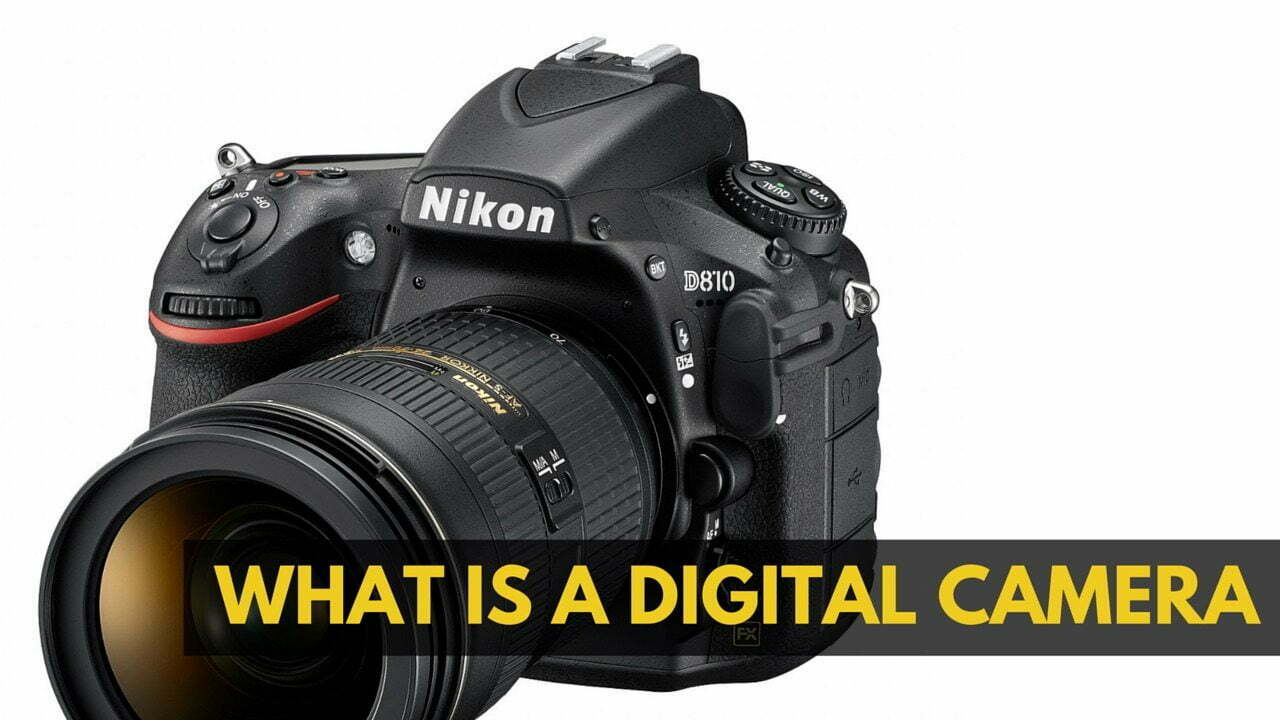













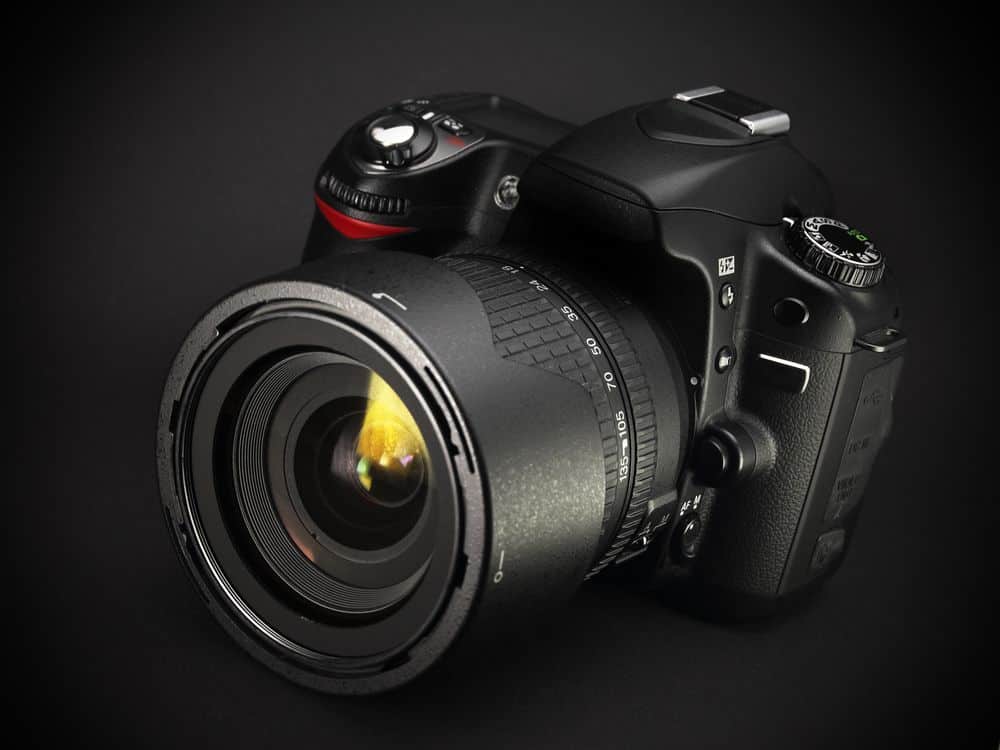
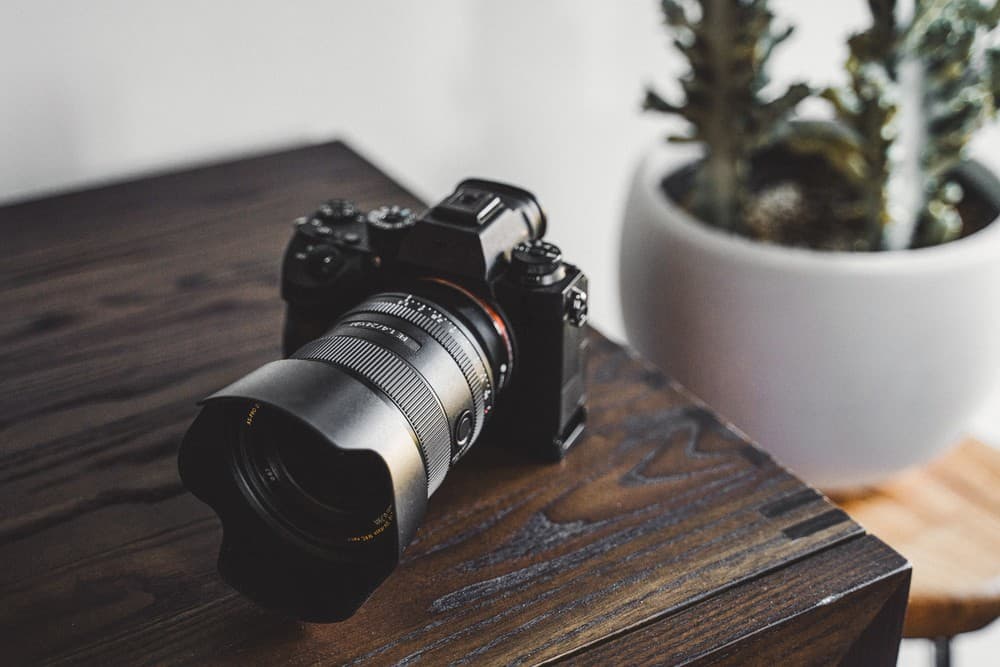
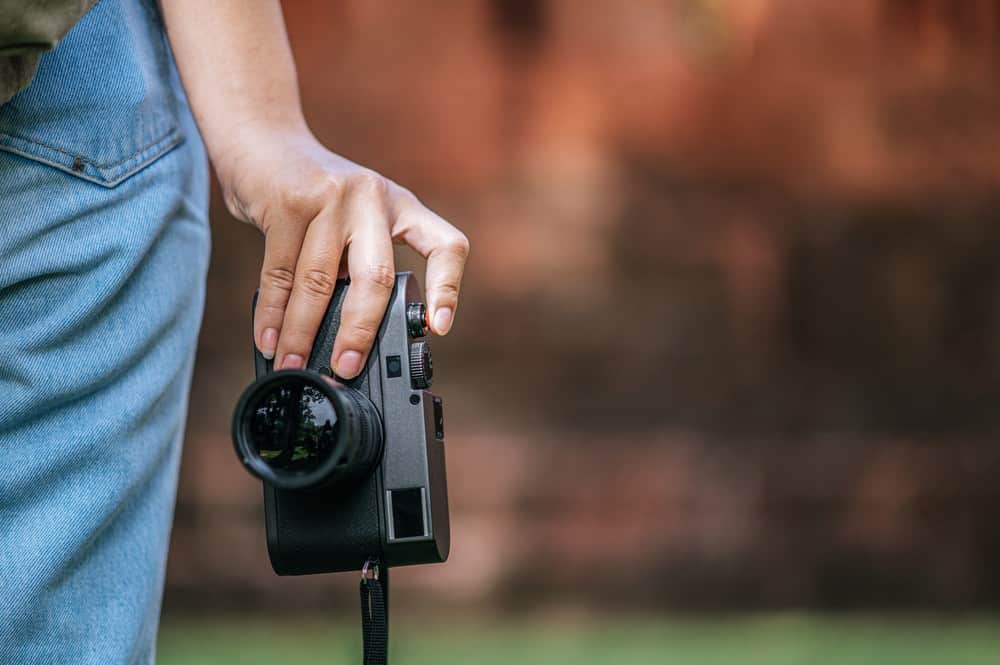
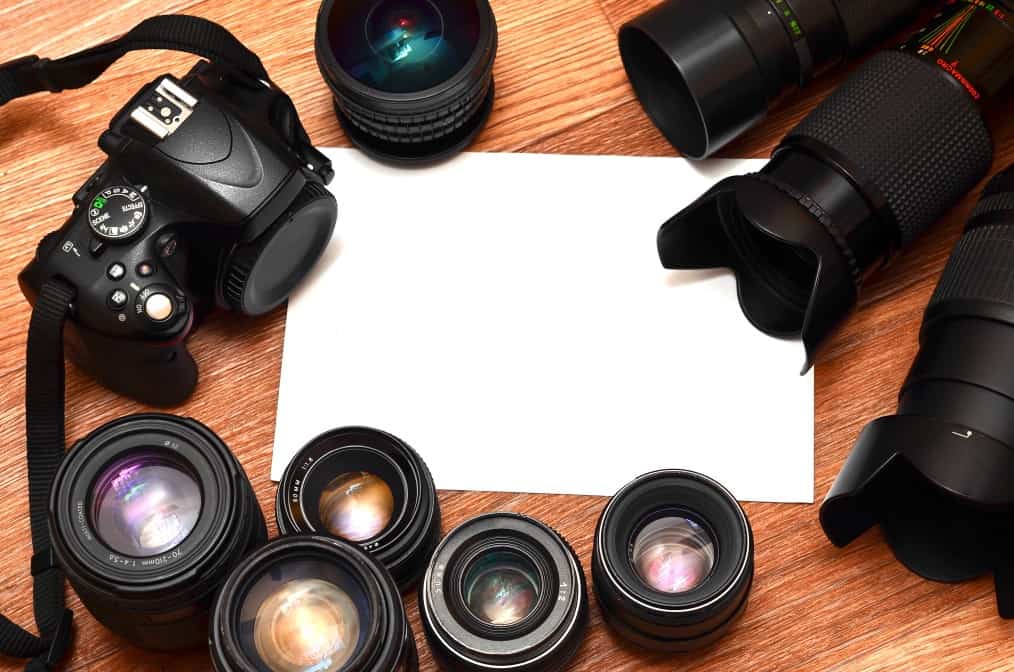
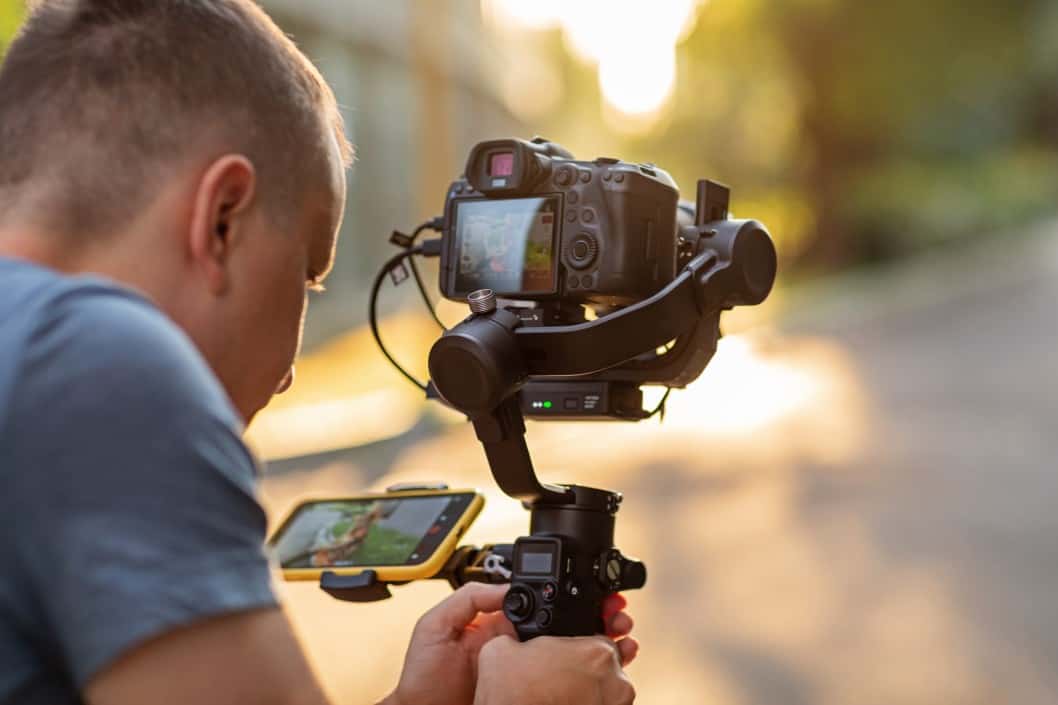
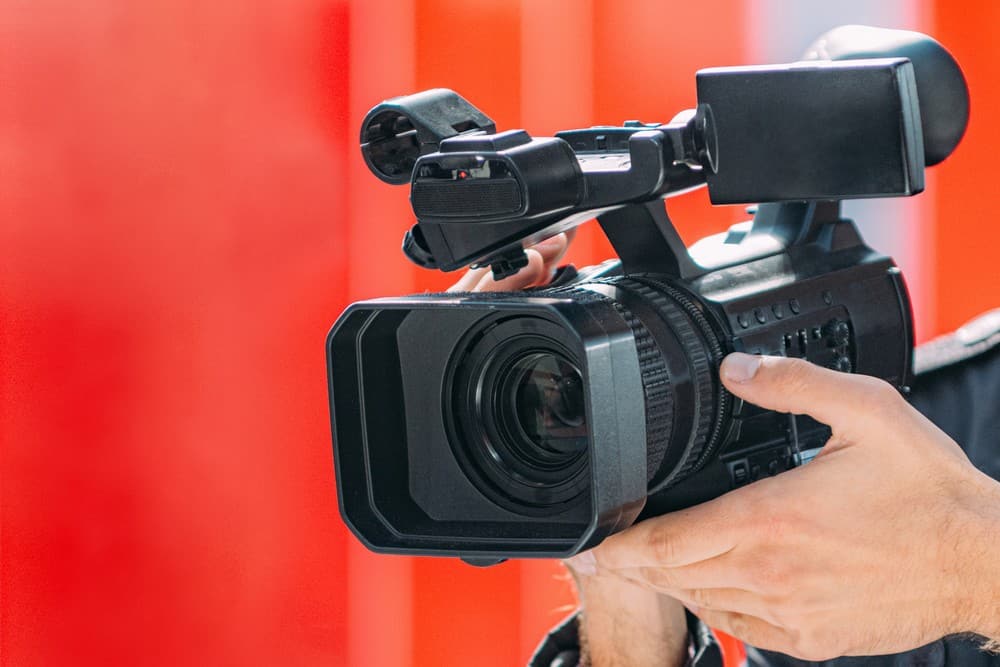
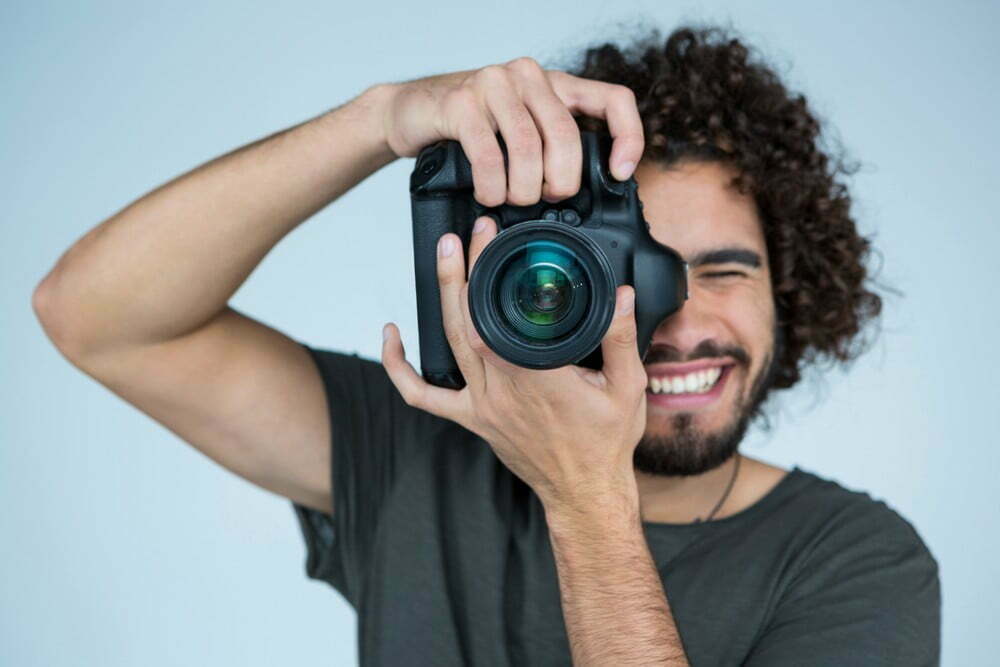
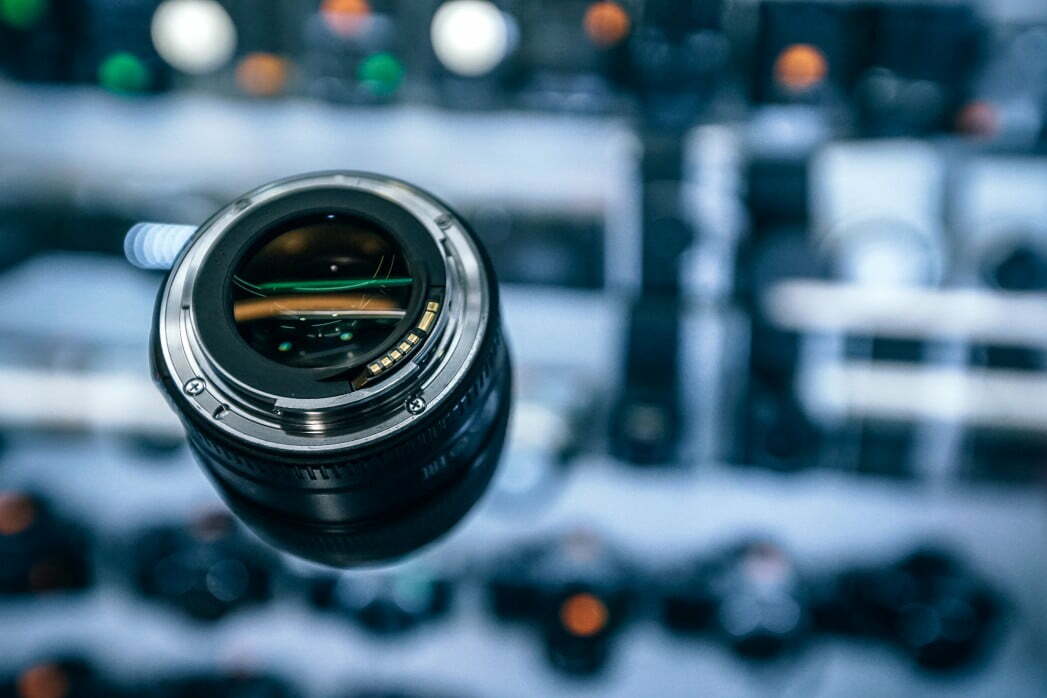
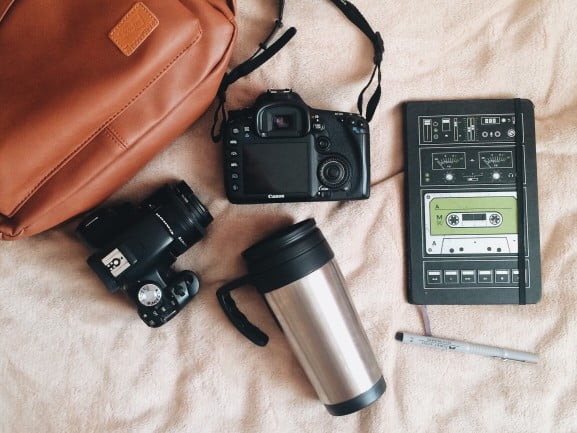
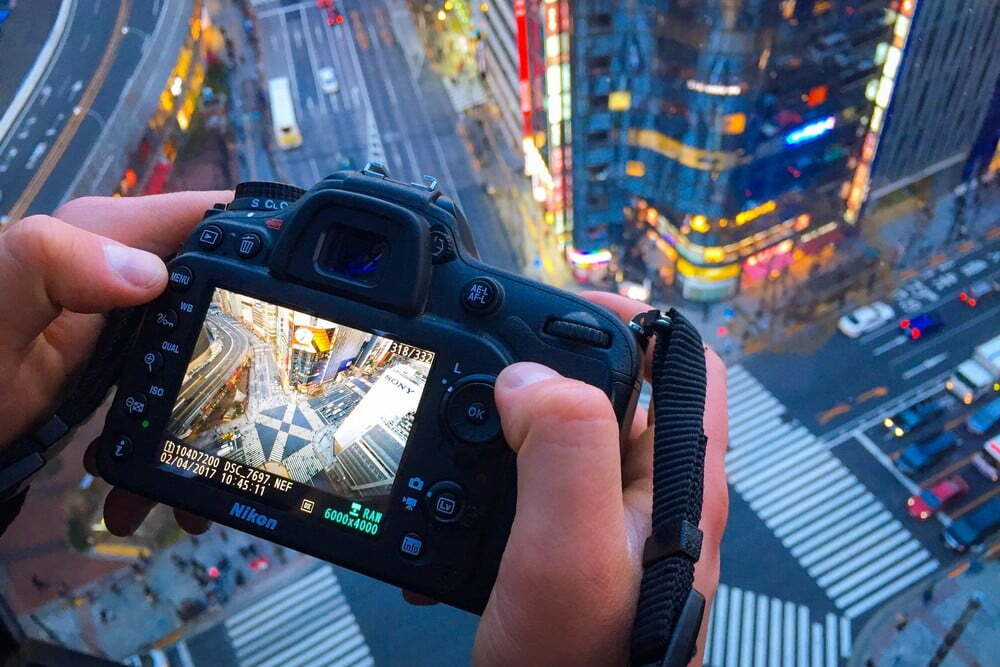

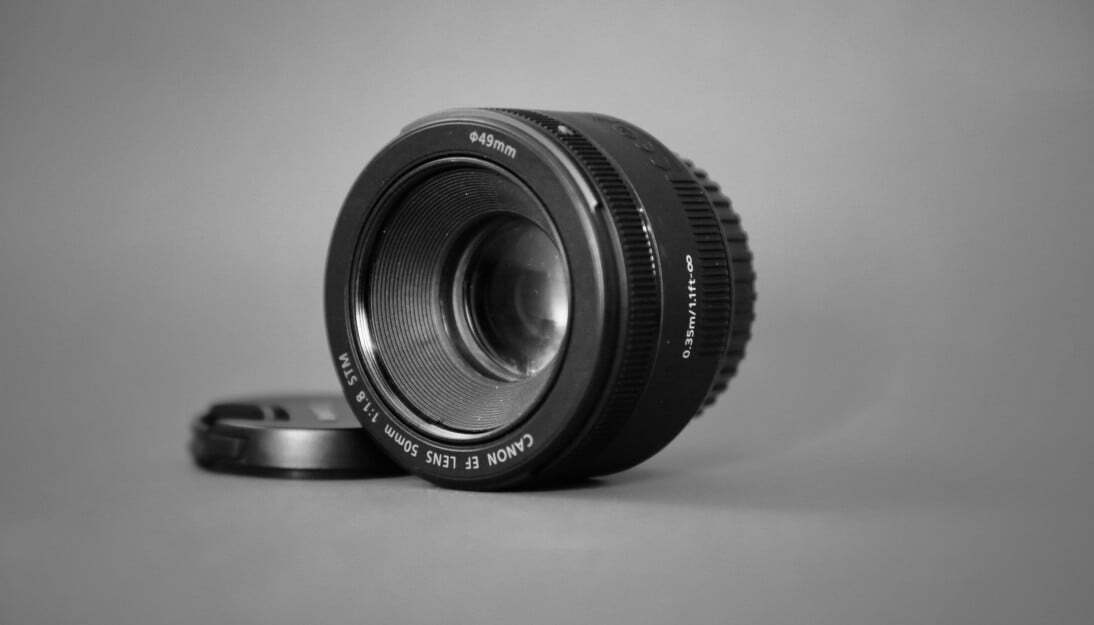
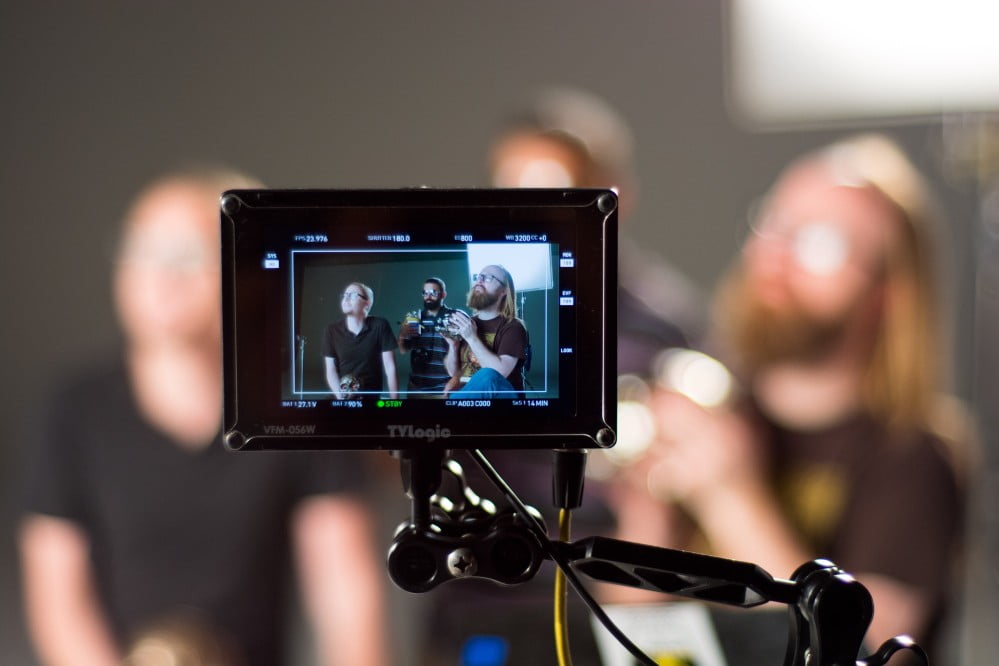
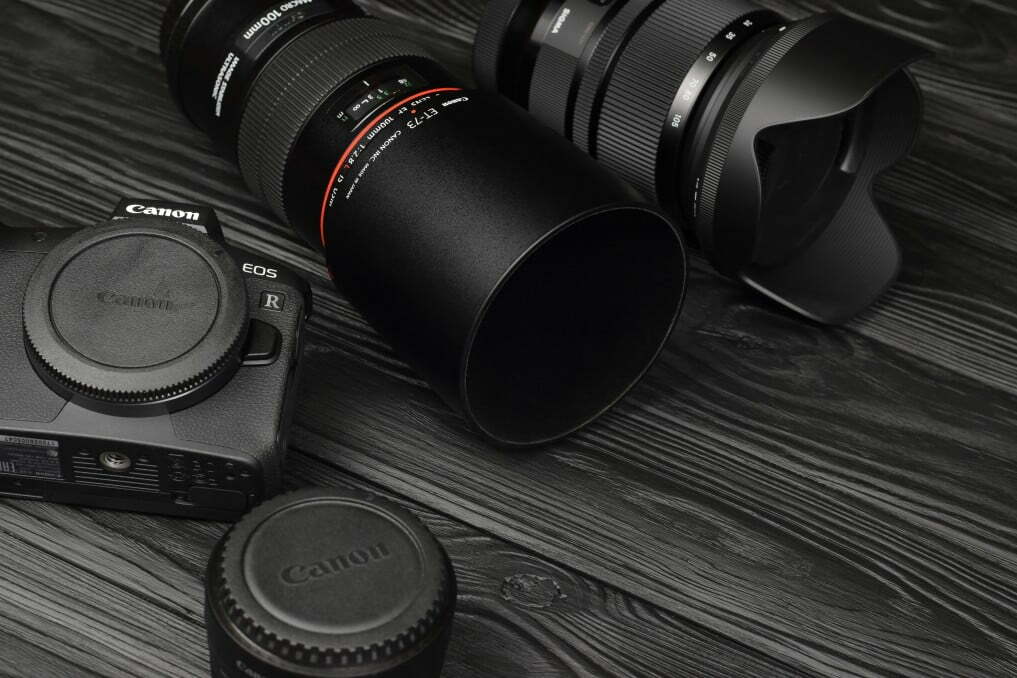
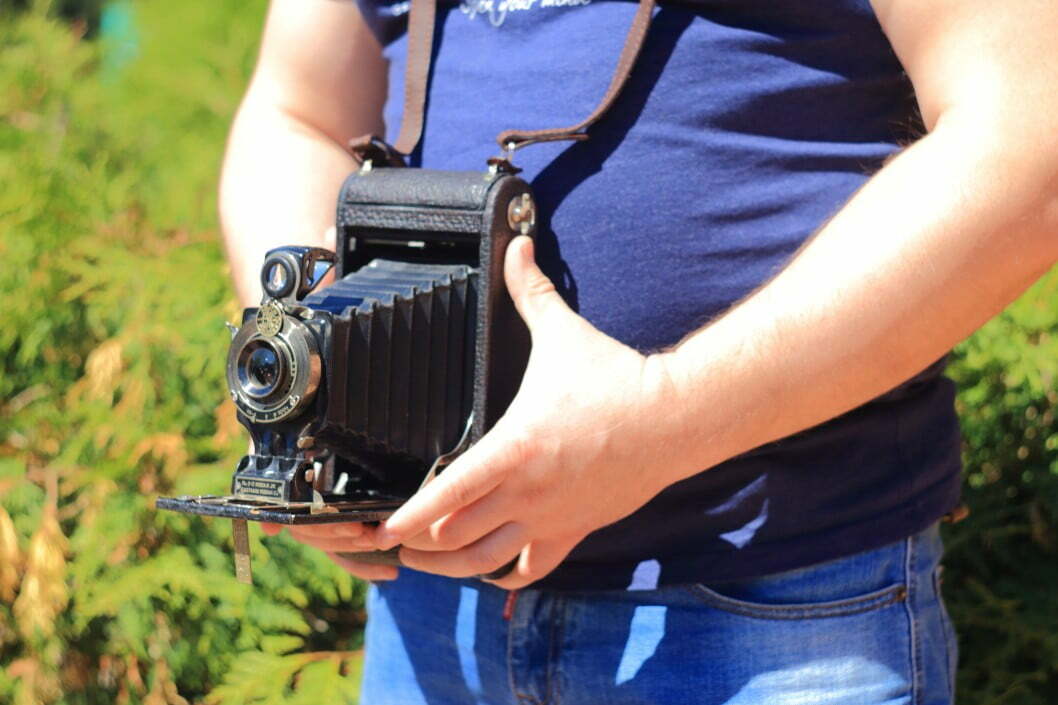
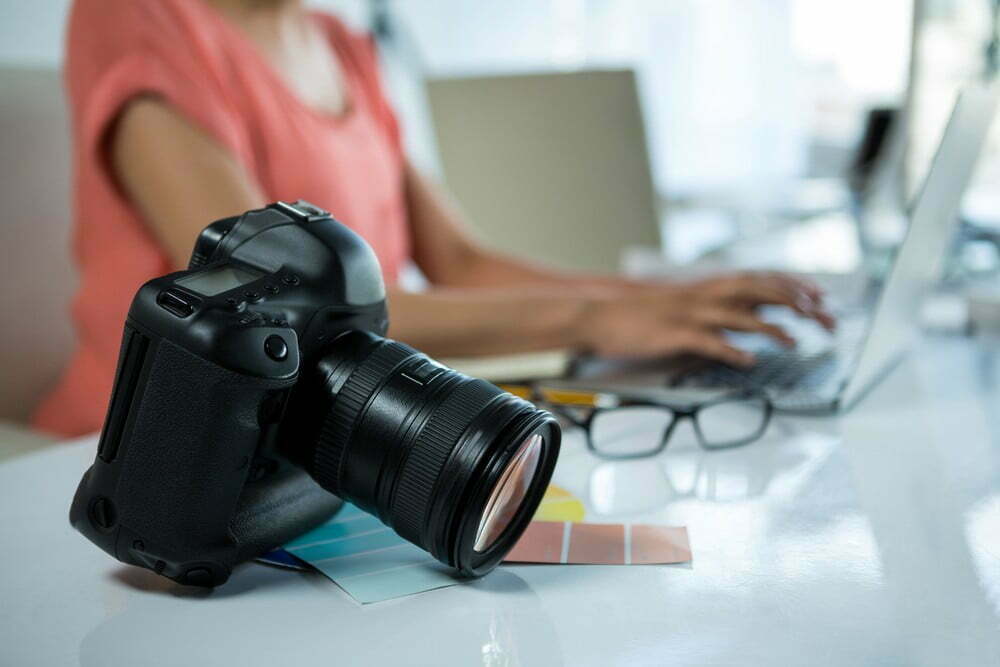
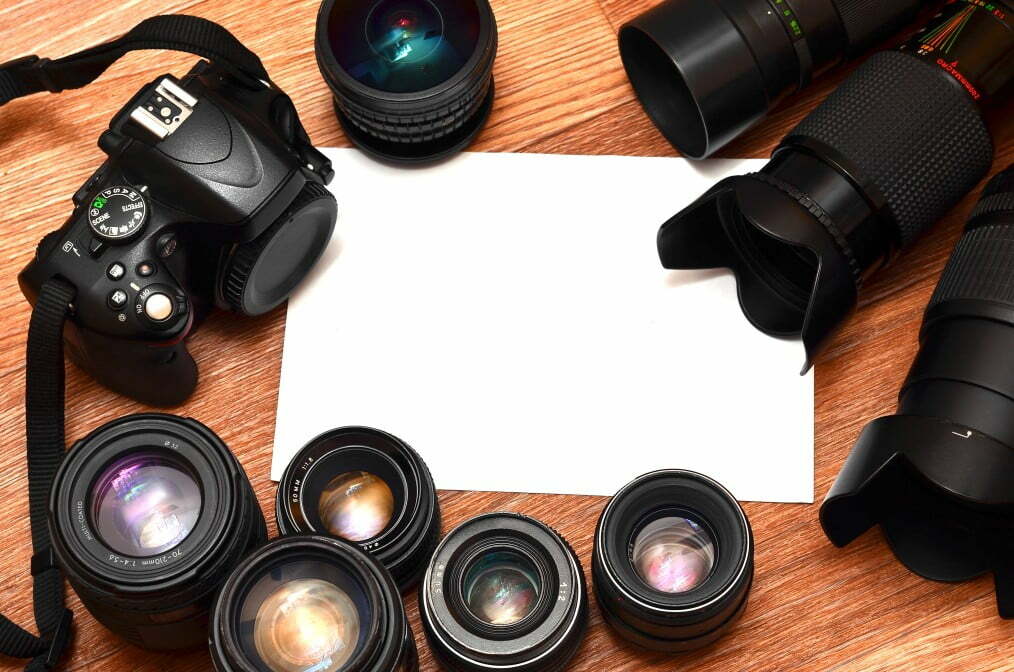
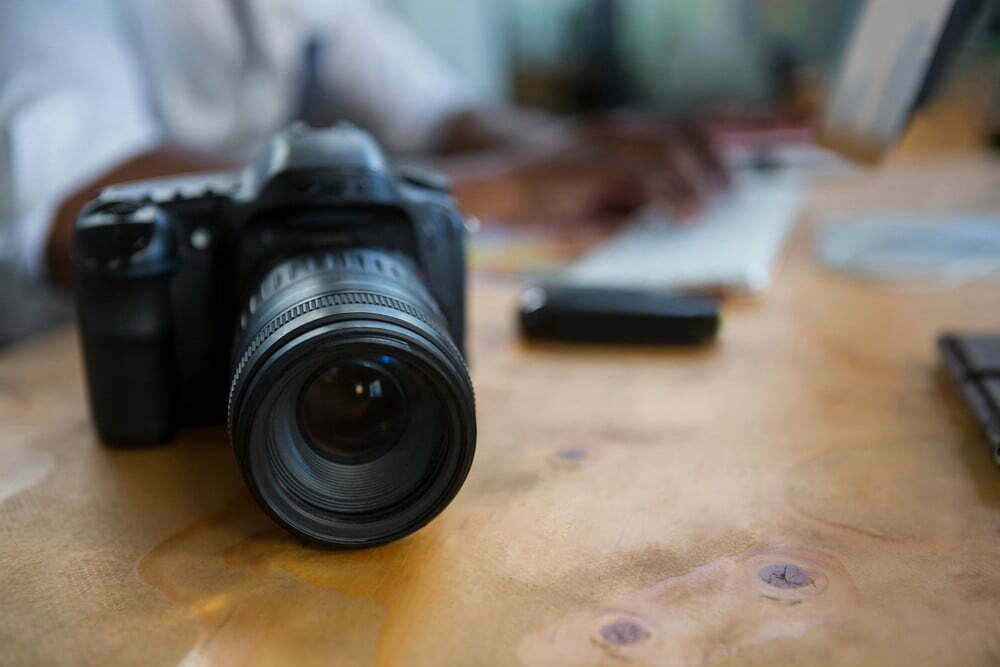


![Best Point and Shoot Camera in [year] ([month] Reviews) 28 Best Point and Shoot Camera in 2026 (January Reviews)](https://www.gadgetreview.dev/wp-content/uploads/Nikon-Coolpix-B500.jpg)
![Best Underwater Camera in [year] ([month] Reviews) 29 Best Underwater Camera in 2026 (January Reviews)](https://www.gadgetreview.dev/wp-content/uploads/best-underwater-camera-image.jpg)
![Best Digital Cameras in [year] ([month] Reviews) 30 Best Digital Cameras in 2026 (January Reviews)](https://www.gadgetreview.dev/wp-content/uploads/what-is-resolution-on-digital-camera-1.jpg)
![Best Digital Camera Docking Stations in [year] 31 Best Digital Camera Docking Stations in 2026](https://www.gadgetreview.dev/wp-content/uploads/best-digital-camera-docking-stations-image.jpg)
![Best Vlogging Camera in [year] ([month] Reviews) 32 Best Vlogging Camera in 2026 (January Reviews)](https://www.gadgetreview.dev/wp-content/uploads/best-vlogging-camera-image.jpg)
![Best Mirrorless Camera in [year] ([month] Reviews) 33 Best Mirrorless Camera in 2026 (January Reviews)](https://www.gadgetreview.dev/wp-content/uploads/best-mirrorless-camera-image.jpg)
![Best GoPro in [year] ([month] Reviews) 34 Best GoPro in 2026 (January Reviews)](https://www.gadgetreview.dev/wp-content/uploads/best-gopro-image.jpg)
![Best Digital Camera Tripods in [year] 35 Best Digital Camera Tripods in 2026](https://www.gadgetreview.dev/wp-content/uploads/best-digital-camera-tripods-image.jpg)
![Best Canon Digital Cameras in [year] 36 Best Canon Digital Cameras in 2026](https://www.gadgetreview.dev/wp-content/uploads/best-canon-digital-cameras-image.jpg)
![Best Polaroid Digital Cameras in [year] 37 Best Polaroid Digital Cameras in 2026](https://www.gadgetreview.dev/wp-content/uploads/best-polaroid-digital-cameras-image.jpg)
![Best Small Digital Camera Cases in [year] 38 Best Small Digital Camera Cases in 2026](https://www.gadgetreview.dev/wp-content/uploads/best-small-digital-camera-case-image.jpg)
![Best Digital Camera USB Cables in [year] 39 Best Digital Camera USB Cables in 2026](https://www.gadgetreview.dev/wp-content/uploads/best-digital-camera-usb-cable-image.jpg)
![Best Digital Camera Bags in [year] 40 Best Digital Camera Bags in 2026](https://www.gadgetreview.dev/wp-content/uploads/best-digital-camera-bag-image.jpg)
![Best Sony Digital Cameras in [year] 41 Best Sony Digital Cameras in 2026](https://www.gadgetreview.dev/wp-content/uploads/best-sony-digital-cameras-image.jpg)
![Best Panasonic Digital Cameras in [year] 42 Best Panasonic Digital Cameras in 2026](https://www.gadgetreview.dev/wp-content/uploads/best-panasonic-digital-cameras-image.jpg)
![Best Digital Camera Accessories in [year] 43 Best Digital Camera Accessories in 2026](https://www.gadgetreview.dev/wp-content/uploads/best-digital-camera-accessories-image.jpg)
![Best Kodak Digital Cameras in [year] 44 Best Kodak Digital Cameras in 2026](https://www.gadgetreview.dev/wp-content/uploads/best-kodak-digital-cameras-images.jpg)
![Best Video Cameras in [year] ([month] Reviews) 45 Best Video Cameras in 2026 (January Reviews)](https://www.gadgetreview.dev/wp-content/uploads/best-video-cameras-image.jpg)
![Best Compact Cameras in [year] 46 Best Compact Cameras in 2026](https://www.gadgetreview.dev/wp-content/uploads/best-compact-camera-image.jpg)
![Best Digital Cameras with Wifi in [year] 47 Best Digital Cameras with Wifi in 2026](https://www.gadgetreview.dev/wp-content/uploads/best-digital-camera-with-wifi-image.jpg)
